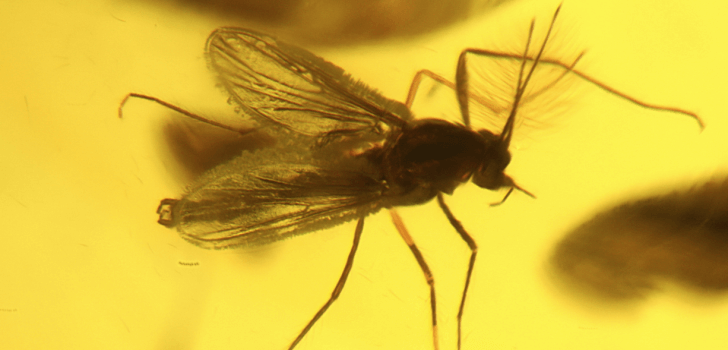U.S. scientists have made a major breakthrough in the war against malaria, which claims one million lives each year. They have bred a genetically modified (GM) malaria infection resistant mosquito.
If the results of laboratory tests work in the field, it would stop the annoying, biting insects from spreading malaria. According to United Nations’ figures, half of the world’s population of 3.2 billion people are at risk of contracting malaria.
The University of California team of scientists introduced a new “resistance” gene into the DNA of mosquitoes, using a gene editing method called Crispr.
Lab tests showed that when the GM mosquitoes mated, the same resistance to malaria had been carried through to their offspring.
In theory, if these GM modified mosquitoes bite people, they will not be able to pass on the malaria causing parasite.
Up to now, the only defense against malaria carrying mosquitoes has been insecticides, repellents and bednets to reduce the biting, and drugs that can be given after the disease is detected. However these drugs are not always available, or cannot be afforded by the poorest.
Team leader Dr. Anthony James says the lab tests show the new DNA code can be easily applied to make it a poor host for the malaria parasite and that almost 100% of the mosquito offspring, across three generations, become resistant to the parasite.
The findings offer hope that the same method could also work in other species of mosquitos apart from the ones used in the lab tests.
Professor David Conway from the London School of Hygiene & Tropical Medicine says, “It’s not the finished product yet but it certainly looks promising. It does look like the genetic editing works.”
Other scientists have been experimenting with genetically modifying mosquitoes to make them infertile, but some environmentalists fear entirely eliminating mosquitoes may have unwanted and unforeseen consequences.
Stay Connected